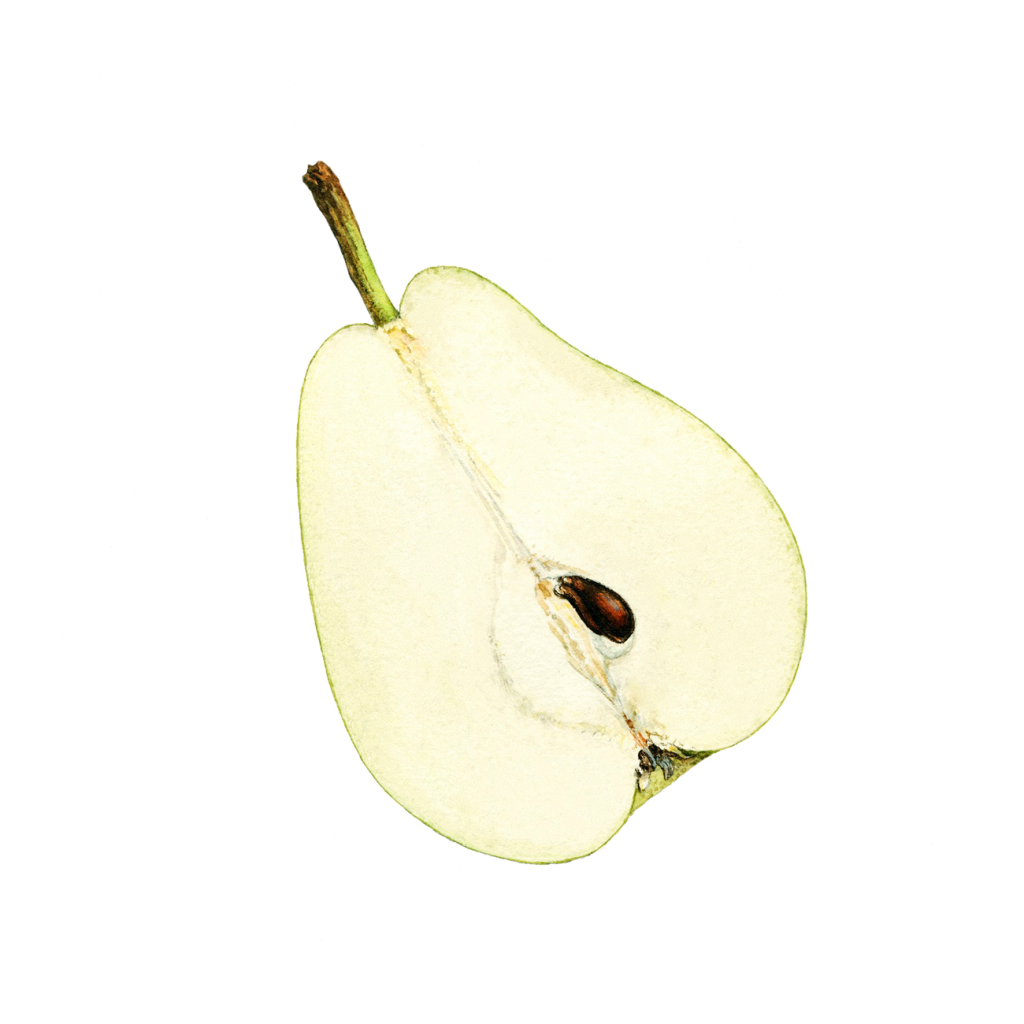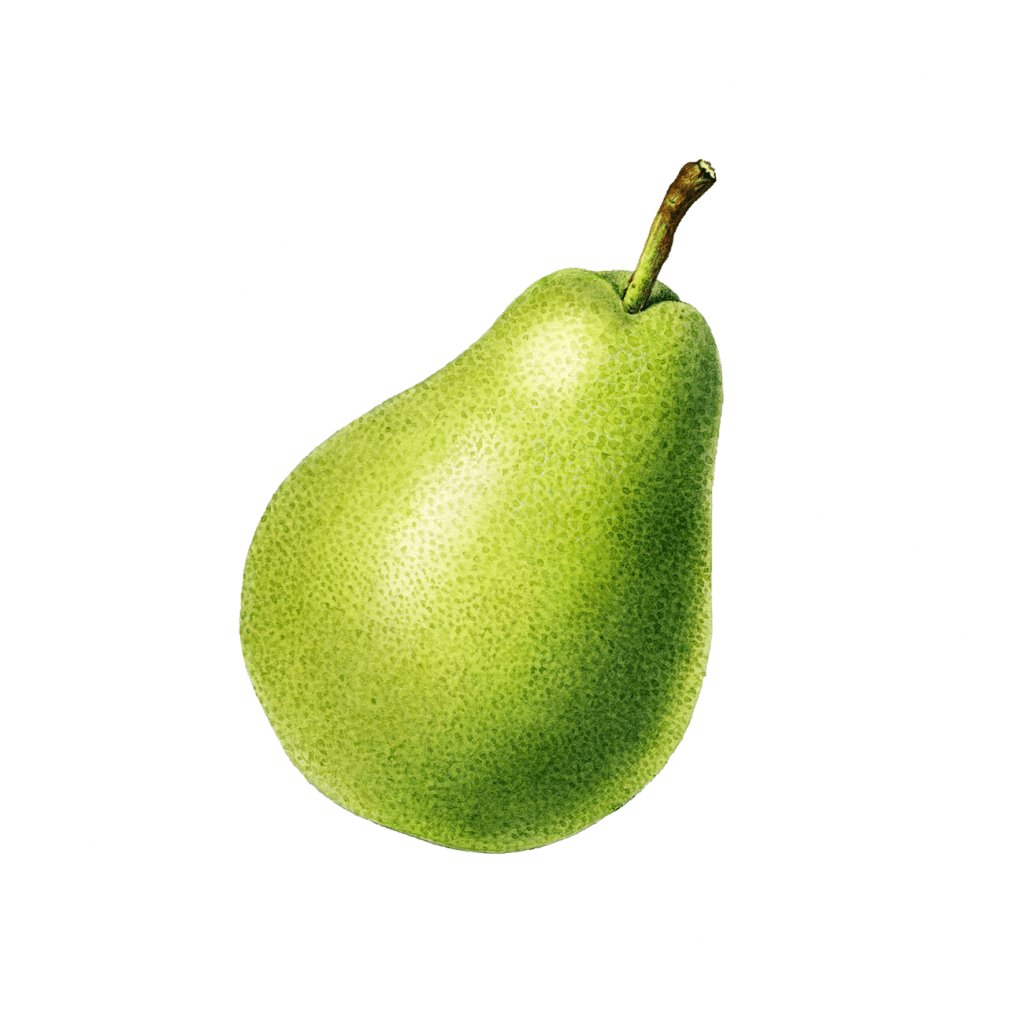Opposite effects of delta-9-tetrahydrocannabinol and cannabidiol on human brain function and psychopathology
Neuropsychopharmacology 2010 Feb;35(3):764-74.
Delta-9-THC and CBD had opposite effects on activation relative to placebo in the striatum during verbal recall, in the hippocampus during the response inhibition task, in the amygdala when subjects viewed fearful faces, in the superior temporal cortex when subjects listened to speech, and in the occipital cortex during visual processing. In the second experiment, pretreatment with CBD prevented the acute induction of psychotic symptoms by Delta-9-tetrahydrocannabinol. Delta-9-THC and CBD can have opposite effects on regional brain function, which may underlie their different symptomatic and behavioral effects, and CBD’s ability to block the psychotogenic effects of Delta-9-THC.


The Combination of Cannabidiol and Δ -Tetrahydrocannabinol Enhances the Anticancer Effects of Radiation in an Orthotopic Murine Glioma Model: Molecular Cancer Therapeutics – December 2014 13(12)
Reports the efficacy of CBD:THC in combination with radiation in treating brain cancer using cannabis at a ratio of 1:1 of CBD and THC. The Indica strain of cannabis used for brain tumors is between 25%-35% THC. They concluded that “the triple combination of CBD, THC, and irradiation significantly inhibited tumor progression in an orthotopic syngeneic model.
CBD vs. THC: What’s the Difference?: WebMD
“As part of medical marijuana, THC helps ease things like: Multiple sclerosis pain, Nerve pain, Parkinson’s disease tremors, Nausea, Glaucoma. People take CBD products to help with everything from arthritis and Crohn’s disease to diabetes and multiple sclerosis. Some say it helps with anxiety, insomnia, and chronic pain. So far, there’s little evidence that CBD helps with any of these.”
Effectiveness and Tolerability of THC:CBD Oromucosal Spray
THC:CBD oromucosal spray proved to be an effective and well-tolerated add-on treatment for patients with elsewhere refractory chronic pain – especially of neuropathic origin.
Multicenter, Double-Blind, Randomized, Placebo-Controlled, Parallel-Group Study
This study shows that THC:CBD extract is efficacious for relief of pain in patients with advanced cancer pain not fully relieved by strong opioids.
The Therapeutic Potential of Cannabis and Cannabinoids: Deutsches Arzteblatt International – 2012 Jul; 109(29-30)
There is now clear evidence that cannabinoids are useful for the treatment of various medical conditions. Knowledge about the therapeutic potential of cannabis products has been greatly improved by a large number of clinical trials in recent years (1– 5). In October 2008, the German Medical Association, the National Association of Statutory Health Insurance Physicians, and the Drug Commission of the German Medical Association issued the following statement at a hearing of the Health Committee of the German Federal Parliament (Bundestag): “The benefit of treatment with cannabinoids for a number of medical indications has been shown in controlled trials in which predominantly standardized and/or synthetic cannabinoid preparations were used. The use of such preparations may therefore be reasonable for patients in whom conventional treatment does not achieve adequate relief of symptoms such as spasticity, pain, nausea, vomiting, or loss of appetite” (6). The first cannabis-based medication was approved for use in Germany in 2011. In this article we present the current state of knowledge on the therapeutic application of cannabinoid medications.


A Hidden Origin Story of the CBD Craze: New York Times – May 23, 2020
The history of discovering that THC is vital to the effectiveness of CBD. This explains why some cannabis studies find ineffectiveness. To be accurate research must measure CBD:THC dosage. “Within a couple of years, they figured out a 1:1 combination of a high-THC chemovar and a high-CBD chemovar presented the greatest latitude of effects and prevention of side effects,” said Dr. Ethan Russo, who worked with GW Pharmaceuticals from 1998 to 2014.
